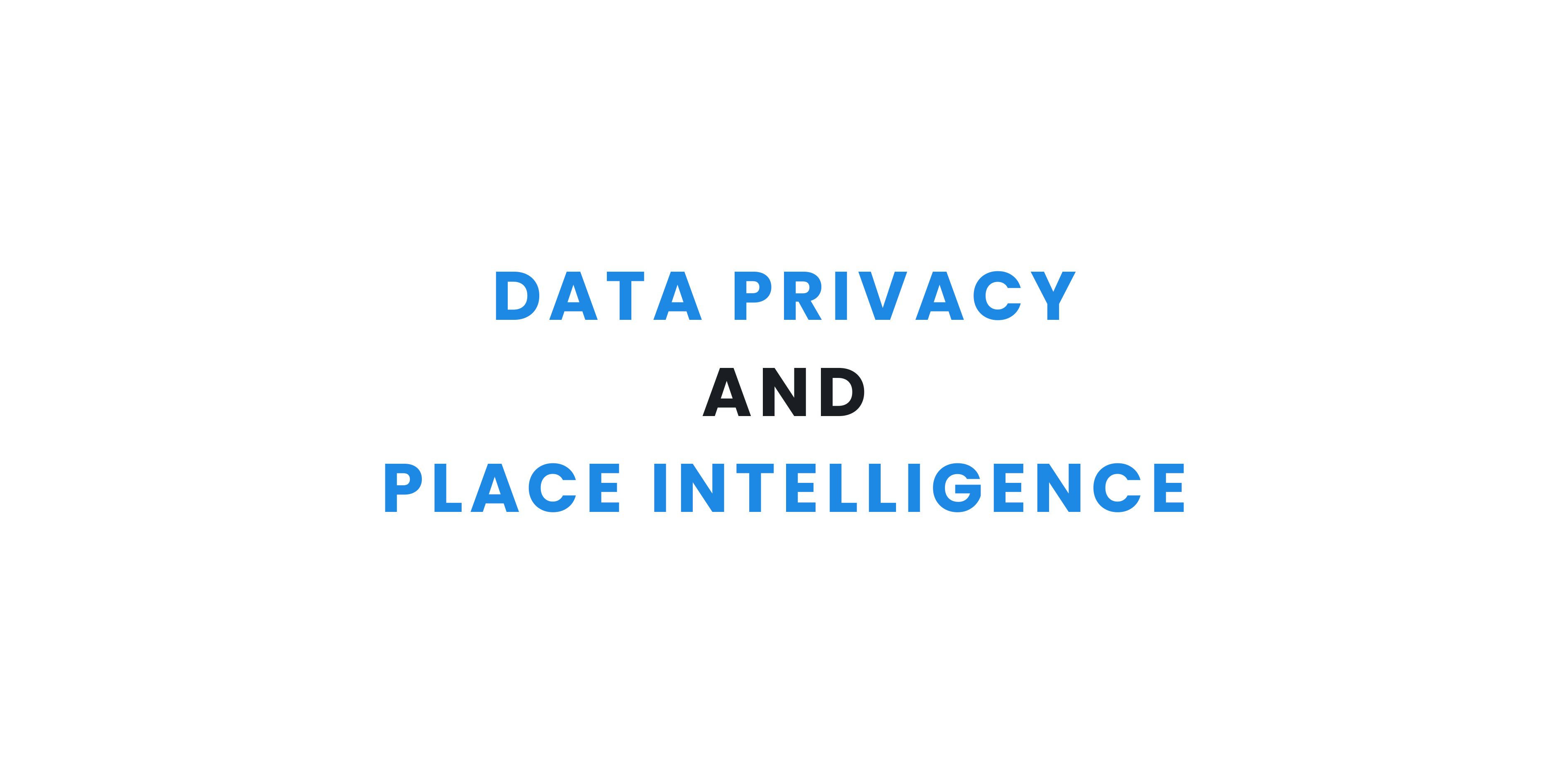
Have you ever noticed those black lines stretched across the road as you drive by? They’re there to collect traffic and vehicle information, helping to understand and predict patterns in how we move about. This is a small example of place and road intelligence in action.
Place intelligence, also known as location intelligence, involves gathering and analysing geospatial data to understand and predict patterns related to specific locations. From helping retail stores decide where to open new branches to aiding urban planners in designing more efficient cities, place intelligence uses data to make our world smarter and more efficient.
Key Summary
- Geospatial data from sources like satellite imagery and mobile devices provides deep insights into human behaviour.
- Tracking and analysing movements raise significant data privacy risks.
- Organisations must ensure transparency and obtain explicit user consent for data collection.
- Robust anonymisation and strong security measures are crucial to protect geospatial data.
- Compliance with data protection regulations and ethical considerations is essential for balancing innovation and data privacy.
The Rise of Geospatial Data
Geospatial data, which includes information about physical locations and characteristics of the Earth’s surface, is at the heart of place intelligence. This data comes from various sources like satellite imagery, GPS signals, mobile devices, social media check-ins, and sensors embedded in the environment. The richness and detail of this data provide deep insights into human behaviour, environmental changes, and spatial relationships, offering endless possibilities for applications in different sectors.
The Intersection of Data Privacy
While the benefits of place intelligence are undeniable, the proliferation of geospatial data raises significant data privacy concerns. The ability to track and analyse individuals’ movements and behaviours poses risks to personal privacy and autonomy.
Data Collection and Consent
One of the primary concerns is the collection of geospatial data without explicit user consent. Mobile apps and services often collect location data in the background, sometimes without users’ full awareness.
Data Anonymisation
Anonymising geospatial data involves removing personally identifiable information (PII) and aggregating data to prevent the identification of individuals. However, achieving effective anonymisation can be challenging due to the unique nature of location data, which can often be re-identified through data triangulation.
Regulatory Compliance
Compliance with data protection regulations is also important for place intelligence. Laws such as the General Data Protection Regulation (GDPR) in Europe and the California Consumer Privacy Act (CCPA) in the United States mandate strict guidelines for data collection, processing, and storage.
Ethical Considerations
Beyond legal compliance, ethical considerations play a vital role in data privacy. Organisations must weigh the benefits of place intelligence against potential harms to individual data privacy.
What Better Measures?
The challenge for organisations using place intelligence is to balance innovation with data privacy protection. Geospatial data insights can drive significant advancements, improve efficiencies, and enhance user experiences. However, collecting and analysing this data can infringe on personal privacy and raise ethical concerns. So, what are the better measures for it?
Data Privacy by Design
Incorporating data privacy principles into the design of place intelligence systems from the outset is crucial. This approach, known as data privacy by design, ensures that data privacy considerations are integrated into every stage of data collection, processing, and analysis.
Transparency, Transparency, Transparency
Open and transparent communication about data practices creates trust and accountability. Organisations should clearly communicate how geospatial data is collected, stored, and utilized. Regular updates and reports on data privacy initiatives can demonstrate a commitment to responsible data use.
Empowering People
Empowering users to control their data is essential. Providing granular data privacy settings, allowing users to opt in or out of data sharing, and offering clear explanations of data usage can enhance user trust. Additionally, organisations should facilitate data portability, enabling users to transfer their data to other platforms if they choose to do so and to also delete from the system.
Conclusion
As place intelligence continues to evolve, the importance of data privacy cannot be overstated. The future will likely see increased scrutiny of data practices, more stronger regulations, and a growing emphasis on ethical considerations. Organisations that prioritise data privacy will not only comply with legal requirements but also build trust with their users and stakeholders.
By embracing data privacy by design, empowering users, and maintaining transparent communication, the place intelligence industry can harness the power of geospatial data while protecting individual data privacy. In doing so, we can create a future where innovation and data privacy coexist harmoniously, driving progress and enhancing the quality of life for all.
